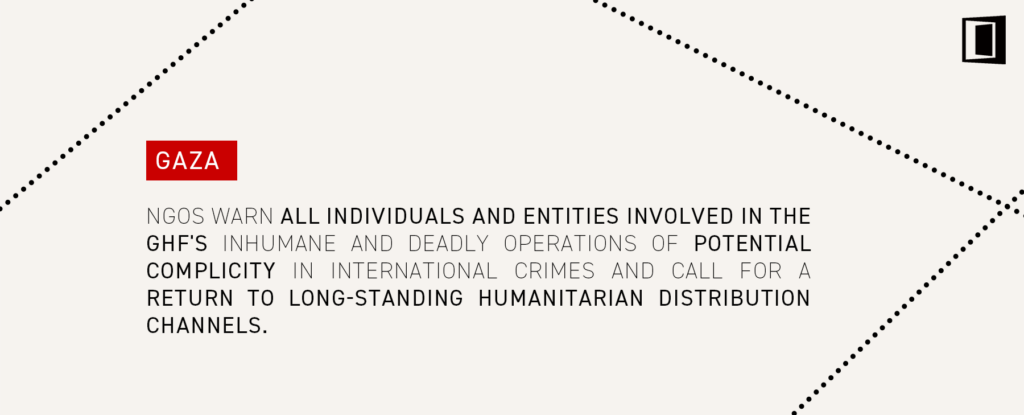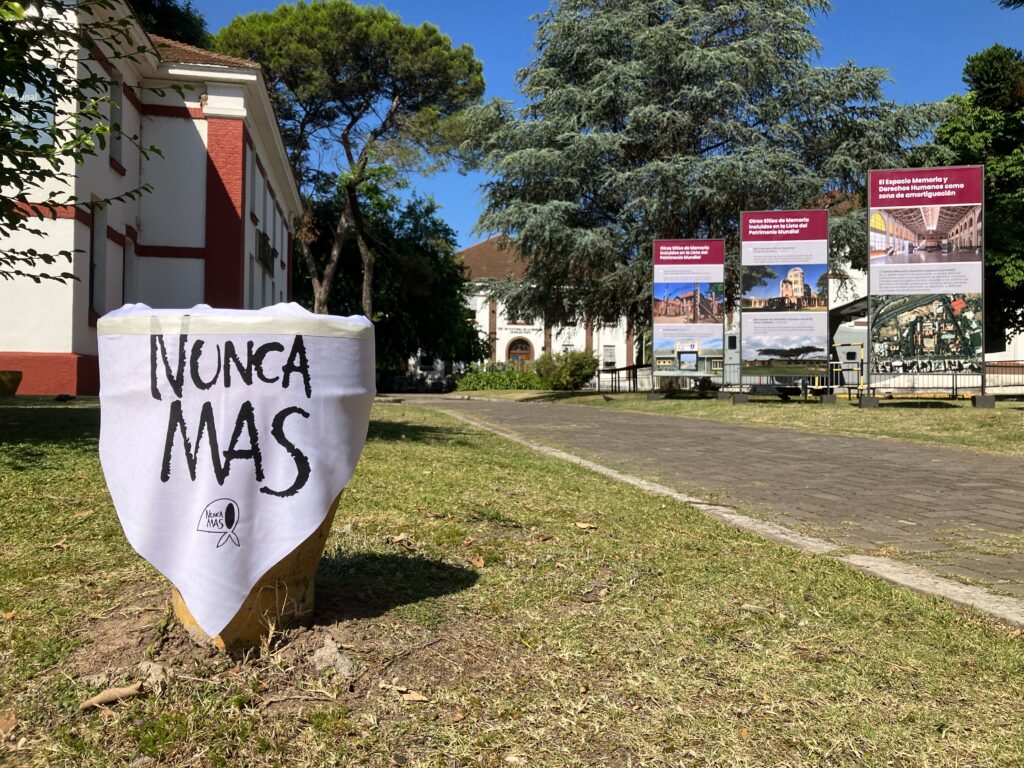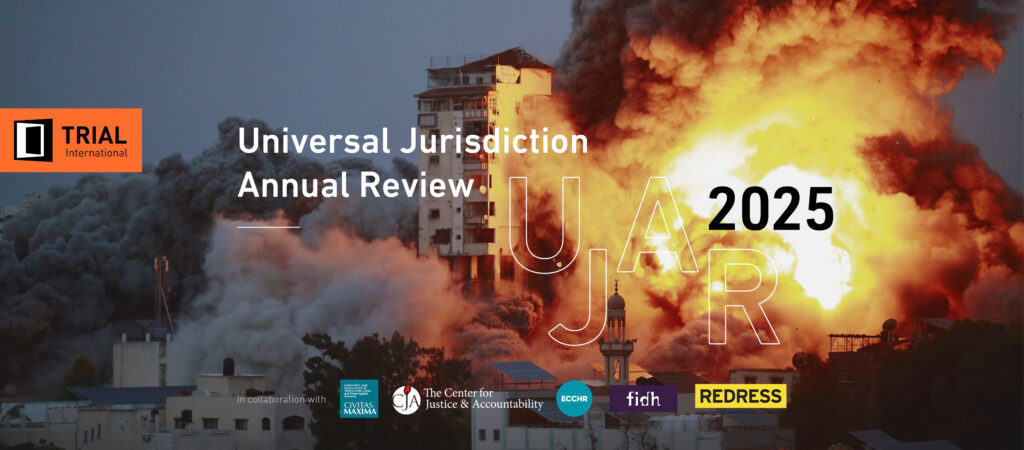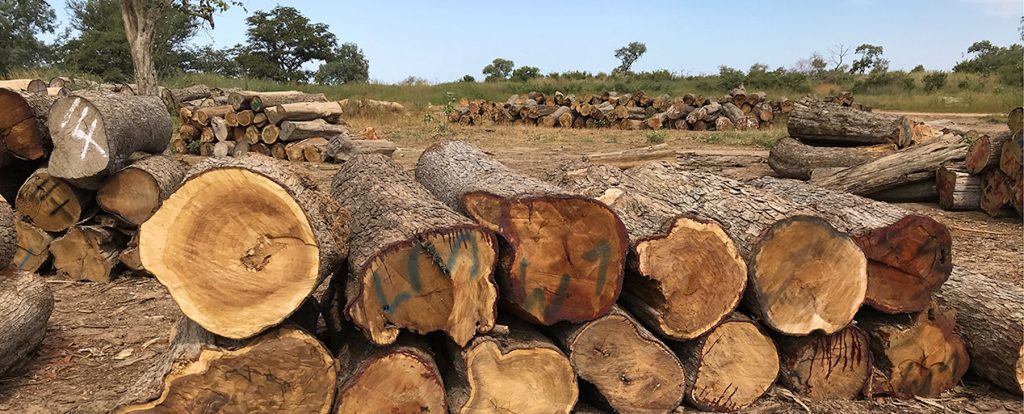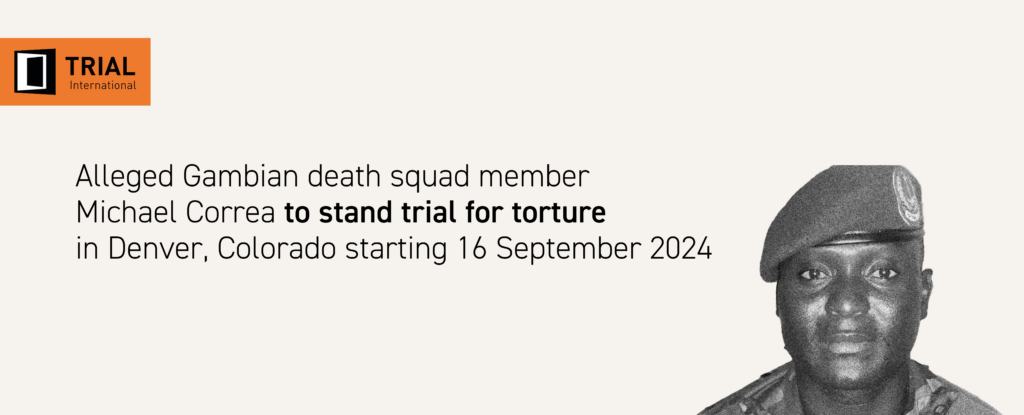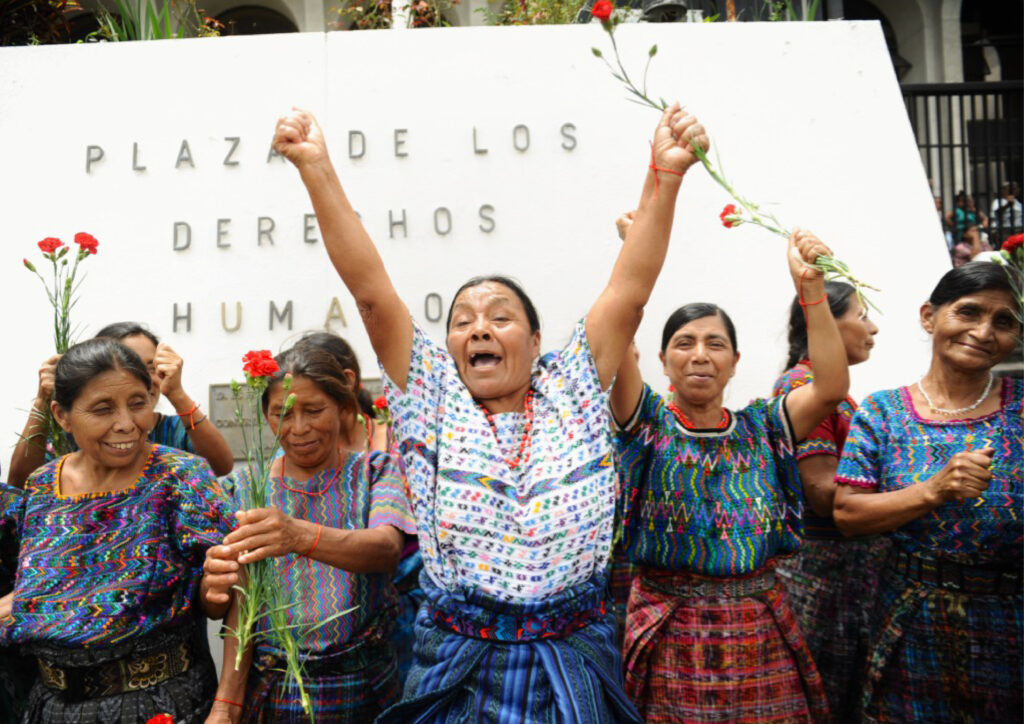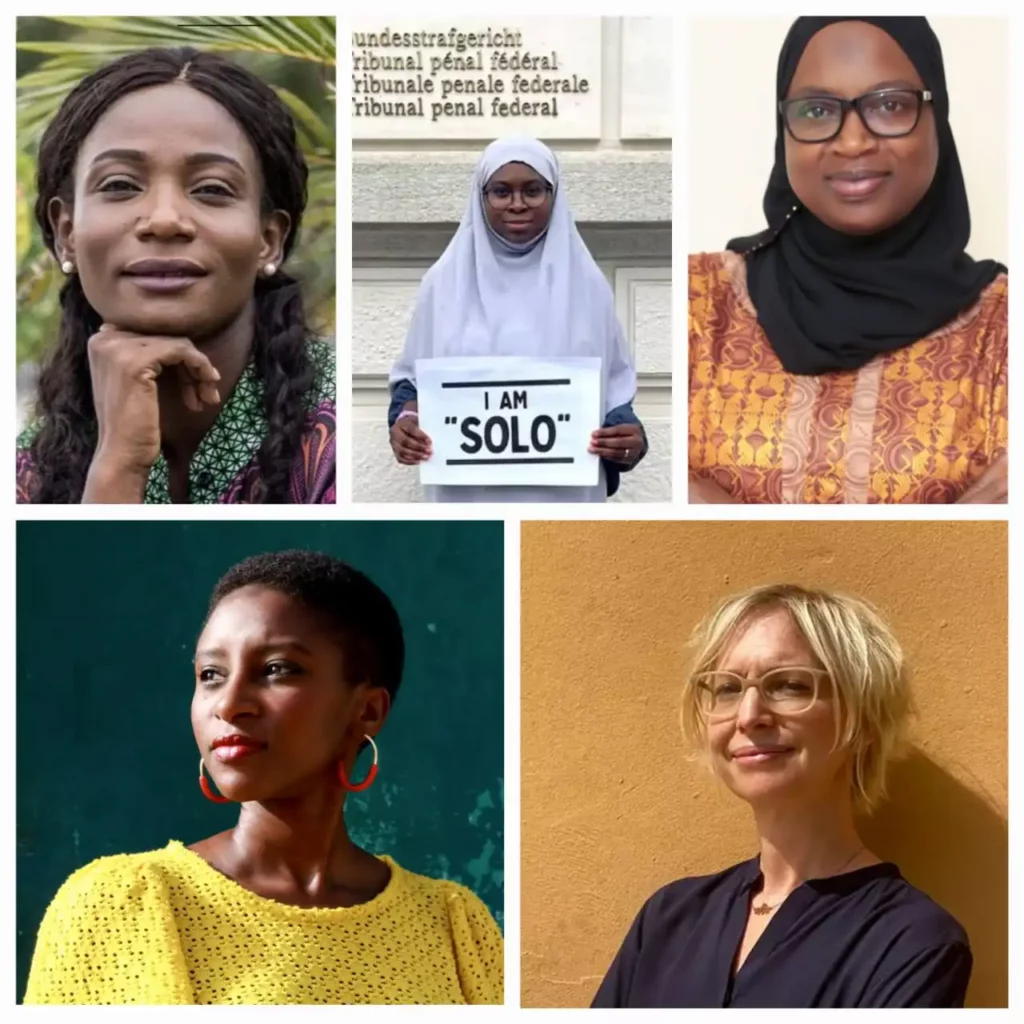Yahya Jammeh
Facts
Yahya Jammeh was born in 1969 in Kanilai in Gambia. In 1984, he entered gendarmerie and gradually made his way to the top, reaching the position of commander of the military police, a position which he held between 1991 and 1992. On 22 July 1994, he came to power following a coup d’état. A transitional government was subsequently established and lasted until 1996 when Jammeh was elected president. He then ruled Gambia unchallenged for 22 years until December 2016 when he was defeated in the election by Adama Barrow, member of the opposition and current president of Gambia. Jammeh contested the election and refused to leave the office. In January 2017, facing the pressure from the international community, Jammeh left the country and exiled himself to Equatorial Guinea.
According to human rights defenders, his regime was bloody, marked by systematic acts of torture, extra-judicial killings, arbitrary detentions, and enforced disappearances, directed at all forms of opposition. Among the crimes for which he is blamed is also his alleged implication in the massacre of more than 50 migrants from West African countries in July 2005. According to an investigation conducted by non-governmental organizations Human Rights Watch and TRIAL International, a paramilitary unit called “the Junglers”, controlled by the then president Jammeh allegedly summarily executed more than 50 migrants. The migrants, who were on their way to Europe, were suspected by the Gambian government of being mercenaries. They were allegedly arrested on a beach in Barra and then transferred to the Gambian Naval Headquarters in Banjul. The officers divided them into groups, and Junglers’ members summarily executed them. Some would have been executed near Banjul, others along the border with Senegal.
Legal Procedure
In October 2017, victims of the regime of Yahya Jammeh, supported by local and international non-governmental organisations gathered in Banjul and demanded that Jammeh is brought to justice. A campaign with a goal to bring Yahya Jammeh and his accomplices to justice was launched on this occasion by Gambian and international groups, including Human Rights Watch and TRIAL International. Simultaneously, the National Assembly of the Republic of Gambia adopted a law creating the Truth, Reconciliation and Reparation Commission. The Act was adopted by the Assembly on 13 December 2017 and approved by the President on 13 January 2018.
On 16 May 2018, Martin Kyere, the sole known survivor of the massacre of July 2005, the families of the victims and a coalition of local and international NGOs gathered in Accra in order to ask the Ghanaian authorities to open an investigation in the former’s Gambian president implication in the July 2005 massacre.
The results of investigation led by the NGOs TRIAL International and Human Rights Watch were also transmitted to the Ghanaian authorities. The Ghanaian Inspector General of Police and later the government through its Minister of Information stated that the “government has instructed the Ministry of Foreign Affairs and the Attorney-General’s Department to study the request” and “advise the government on the way forward”. The investigation is ongoing in the atmosphere strongly influenced by the continuing campaign to bring the former Gambian president and his accomplices to justice.
In December 2018, Yayha Jammeh was designated as persona non grata by the United States for both large-scale corruption and serious human rights violations. His wife and children were also named persona non grata.
In March 2019, NGO Organized Crime and Corruption Reporting Project published a report claiming that Jammeh and his inner circle during his presidency diverted at least $ 975 million. More than two thirds of this sum allegedly came from fraud and illegal income obtained through the sale of wood.
In July 2020, families of victims and 11 human rights organizations called for an international investigation into the massacre of West African migrants.
At the same time, in its interim report submitted to the Gambian government in April 2020, the Truth, Reconciliation and Reparations Commission (TRRC) announced that it would hold hearings on the migrants’ case before the end of its mandate. Due to the impact of covid-19 on the work of the Commission, the TRRC’s mandate was extended until 30 June 2021.
In February and March 2021, the TRRC held public hearings on the migrants’ case. The testimonies revealed new elements and confirmed existing information, further strengthening the ties between former President Jammeh and these killings.
The TRRC submitted its final report to the Gambian President on 25 November 2021. The report includes recommendations for the prosecution of those who bear the greatest responsibility for human rights violations and abuses.
During the last session of the Human Rights Council in September 2021, the Working Group on Enforced or Involuntary Disappearances (WGEID) presented its follow-up report regarding The Gambia. The WGEID underlined the importance of the work of the TRRC as well as the need to prosecute those responsible for the crimes committed under Jammeh. Specifically, the WGEID looked at the 2005 massacre of West African migrants and called for a diligent and transparent investigation to shed light on the fate of those forcibly disappeared.

